Scottish Labour MSP Paul Sweeney has questioned whether the Scottish Government will instruct Caledonian Maritime Assets Limited (CMAL) to disregard any bids from Chinese shipyards for the construction of two new freight ferries for the Northern Isles.
In a written question lodged on 17 October (S6W-41401), Sweeney asked whether ministers would act “in light of reported concerns regarding unfair, market-distorting state support for Chinese shipbuilding firms, and the lack of a trade agreement between the UK and China as defined by section 89 of the Procurement Act 2023.”
The question follows confirmation from Transport Scotland that four shipyards have been shortlisted for the £200 million project: Cemre and Tersan in Turkey, Guangzhou Shipyard International in China, and a UK–China partnership involving Stena and China Merchants Jinling Shipyard in Weihai.
The two new ships are intended to replace older freight vessels on the Aberdeen–Kirkwall–Lerwick route. They will be built mainly for carrying cargo but will also have space for around 200 passengers at busy times.
The decision to shortlist Chinese shipyards has prompted concern over the level of state support available to China’s shipbuilding industry. Under Section 89 of the UK Procurement Act, public bodies can bar bids from countries without a free trade agreement with the UK, though applying this rule is up to devolved administrations and the contracting authorities involved.
The tender process, managed by CMAL on behalf of Transport Scotland, is part of a broader effort to modernise Scotland’s island ferry fleet after years of delays and cost overruns at domestic yards.
The Scottish Government’s formal response is due by mid-November.


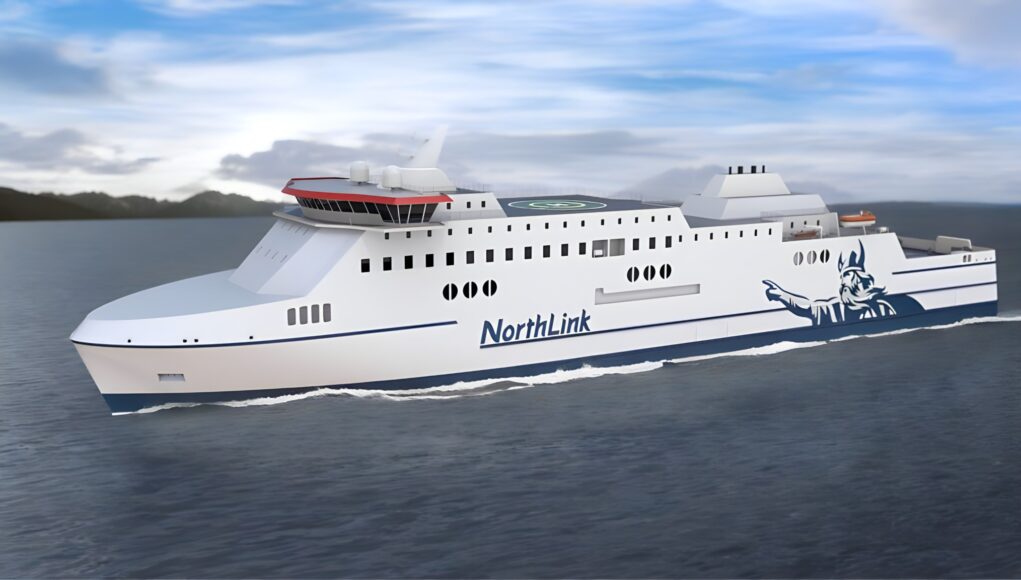
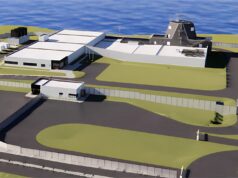
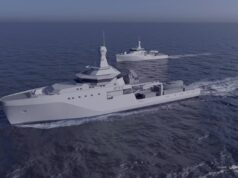
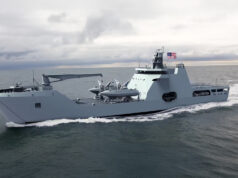
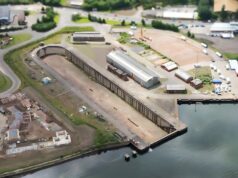
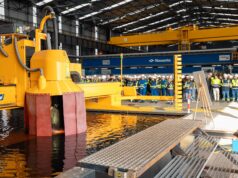


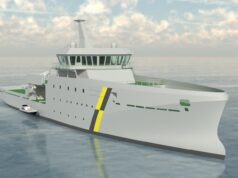

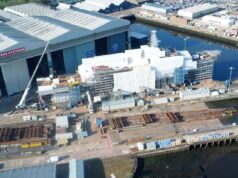

We export our public funds to foreign countries. Value for money being the excuse, yet ignoring the unquantified value of the money circulating in our economy. It all eventually ends up in the hands of the oligarchs, but on the way it does some good. That money going overseas boosts their economies while draining ours. Of course big business likes the tax savings, but then complain about the cost of welfare and benefits. Not realising or more likely ignoring that the benefit system allows if not encourages businesses to pay lower wages. If public money was spent in the UK it would be better for us all, even if businesses did buy in components and raw materials from outside. This should work across the board and not just for large ticket items such as warships and armoured vehicles. The global economy is at times far too global.
Exactly, I was annoyed to see the Mayor of London ordering new Buses from China (BYD) when Alexander-Dennis are currently short of orders.
Public money is being used to boost China’s economy, it’s wrong
While ordering Scottish Ferries is within the gift of CMAL and Holyrood, they have to be funded from somewhere. The funds and borrowing powers are limited within devolution and largely reserved to Westminster. Deny someone the resources and then criticise them for not doing something!
SNP are very good at subsidising everything else….
If you looked at the numbers you will find you are wrong. The SNP can only do things within their devolved responsibilities and subject to grant funding which only pays for those devolved responsibilities, while Holyrood does not have the powers for speculative borrowing.
I would say that allowing China is a security concern.
We absolutely should not be funding the naval industry of a military rival such as China. It doesn’t look like British or European yards will be commercially viable for many of these contracts, but maybe friendly Japenese or South Korean yards would be?
Ultimately, once you factor in knock-on and supply chain work, and the income / coprorate / value-added tax generated, the price difference between a foreign yard and British yard is probably not that much. Our problem is that governments didn’t factor this in to previous industrial policy, and as a result British based firms don’t have the industrial capacity to even bid for many of these contracts.
Is what the SNP advocating a late April Fools joke? Cannot make this up.
The SNP only has authority over devolved matters, and even they are subject to the constraints of the partial return of tax revenues allocated by HM Chancellor of the Exchequer.
So?
So, it means they don’t have the luxury of interfering in things that are not devolved, including the additional borrowing powers to facilitate buy in Britain compared with buy it cheaper elsewhere. That is the ‘so’.
China is powered by coal, you can’t have a Government actively pursing green policies and then buy ships from a country that has 1161 coal power stations and building more.